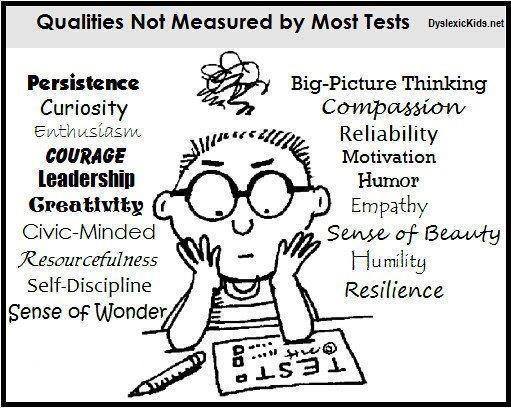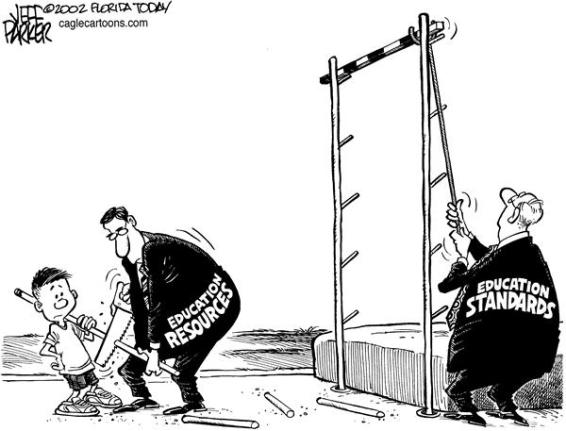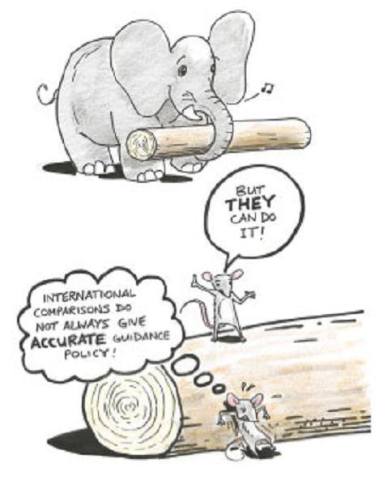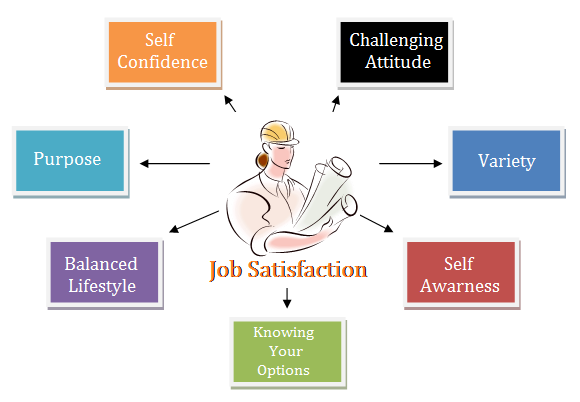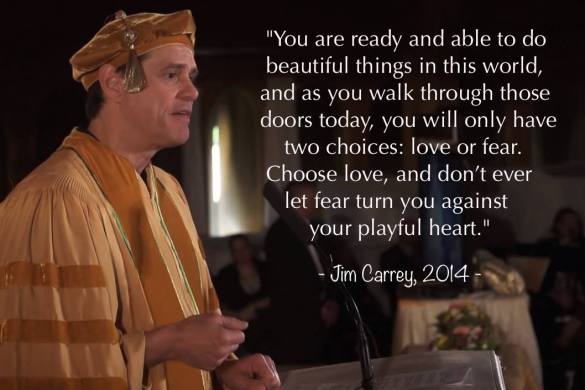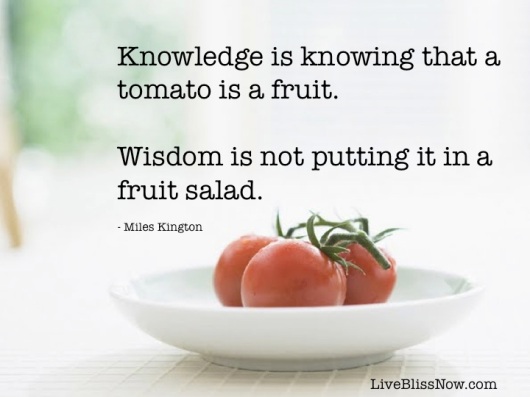
Many people have expressed concern regarding David Coleman’s lack of experience in the classroom. Coleman himself has acknowledged his lack of qualifications for serving as the lead author and architect of the Common Core State Standards.
There is a big difference between being knowledgeable in a subject matter and having wisdom. Knowledge can be obtained through education, while wisdom is most often acquired through experience.
More troubling than David Coleman’s lack of classroom experience is his lack of work experience which greatly diminishes his wisdom regarding transferable and applicable job-ready literacy skills and his qualifications for writing career readiness standards.
The Common Core demands that teachers make 12 instructional “shifts” to properly align with the Standards including…
“Students build knowledge about the world (domains/ content areas) through TEXT rather than the teacher or activities.”
~ Pedagogical Shifts demanded by the Common Core State Standards
David Coleman had a powerful role as the lead author or architect of the Common Core and it is not surprising that the Standards would reflect and emphasize a text-dependent way of learning that is both familiar to Coleman, and most likely preferred by him.
Unfortunately, the Common Core’s emphasis on learning through reading rather than doing will cultivate workers who are more likely to be knowledgeable close readers rather than wise critical thinkers.
Wisdom aside, David Coleman clearly loves to dive deeply into text..
“David Coleman stood at a podium reciting poetry. After reading Dylan Thomas’s “Do Not Go Gentle Into That Good Night,” a classic example of the villanelle form, Coleman wanted to know why green is the only color mentioned in the poem, why Thomas uses the grammatically incorrect go gentle instead of go gently, and how the poet’s expression of grief is different from Elizabeth Bishop’s in her own villanelle, “One Art.”
“Kids don’t wonder about these things,” Coleman told his audience, a collection of 300 public-school English teachers and administrators. “It is you as teachers who have this obligation” to ask students “to read like a detective and write like an investigative reporter.”
Dana Goldstein, “The Schoolmaster” The Atlantic, 10/19/12
There is a huge disconnect between the Common Core’s “promise” of improving students’ college and career literacy skills and its emphasis on cultivating specialized close reading skills.
While close reading may be easily measured by a standardized test these skills are not likely to be utilized in fast-paced work environments where solutions to novel problems are not found in the text.
Employers expect new hires to have proficient reading comprehension skills so they can work effectively with complex informational text, and not contrived close reading skills so they can spend days determining how the text “works”.
Close reading trains students to answer text-dependent questions using information and evidence derived exclusively from the text.
Multiple choice standardized tests that consider a likely or plausible response wrong because the student invoked prior knowledge rather than select the response that is text-based DO NOT measure higher order thinking skills.
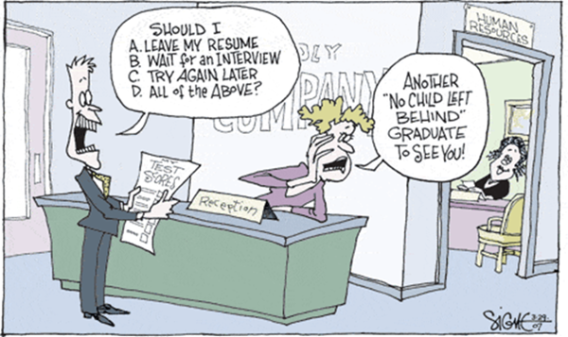
In contrast, employers rely on critical thinking and creative problem-solving workers who can operate in a rapidly changing environment where they must deal with open-ended questions while finding solutions to nonroutine problems using vague, conflicting, and incomplete data.
Close reading demands a deep and detailed analysis of text. Students are expected to independently analyze the use of evidence and how information and ideas “interact” in the text.
Students must explain how word choices shape meaning or tone. They analyze the craft and structure of the text and must determine how separate components (sentence, paragraph etc.) relate to each other and the whole.
Students are discouraged from thinking or feeling beyond the text. Their thoughts must remain closely connected to the text as they fastidiously deconstruct and dissect the reading in order to determine the explicit meaning of the text.
The Common Core ELA Standards presume that the information employees need to analyze and deconstruct is primarily text-based, so while the Common Core does include multimedia Standards, Appendix A explicitly discounts and devalues the importance of media literacy skills.
In reality, many workers are required to analyze data and information that is presented in multimedia and virtual formats including, charts, tables, graphs, audio, visual, webinar, video conference, Skype etc.
Close readers must repeatedly go back to a reading in order to correctly answer text-dependent questions, while many employees must go beyond and outside the reading to find answers to job-related questions.
In most work situations, employees are valued for their ability to think outside the text and determine the meaning and significance of the information as it relates to the department they work in or business they work for.
Many 21st century employees must also be able to anticipate and predict the economic, political, environmental, social, and emotional significance and consequence of the information that is revealed in the text.
Close reading students may be able to think deeply and critically within the text, but successful employees must think broadly and creatively to help formulate policies and strategies that will enable their employer to operate appropriately, effectively, legally, and profitably outside the text.
David Coleman is convinced that knowledgeable students should be trained to read “like a detective” and the meaning of the words and ideas must be derived exclusively from the text, while employers rely on wise workers who read with perspective, and recognize that the meaning and significance of words and ideas is very often dependent on situations and circumstances that exist outside the text.
How ironic would it be if the fateful decision to make close reading a centerpiece of the data-driven and evidence-based Common Core ELA Standards was little more than a gratuitous and self-indulgent whim satisfying David Coleman’s passion for close reading?
So much for thoughts and feelings don’t matter in life…unless you are the chief architect of the Common Core.
“Where is the wisdom we have lost in knowledge?
Where is the knowledge we have lost in information?”
~ T. S. Eliot.


